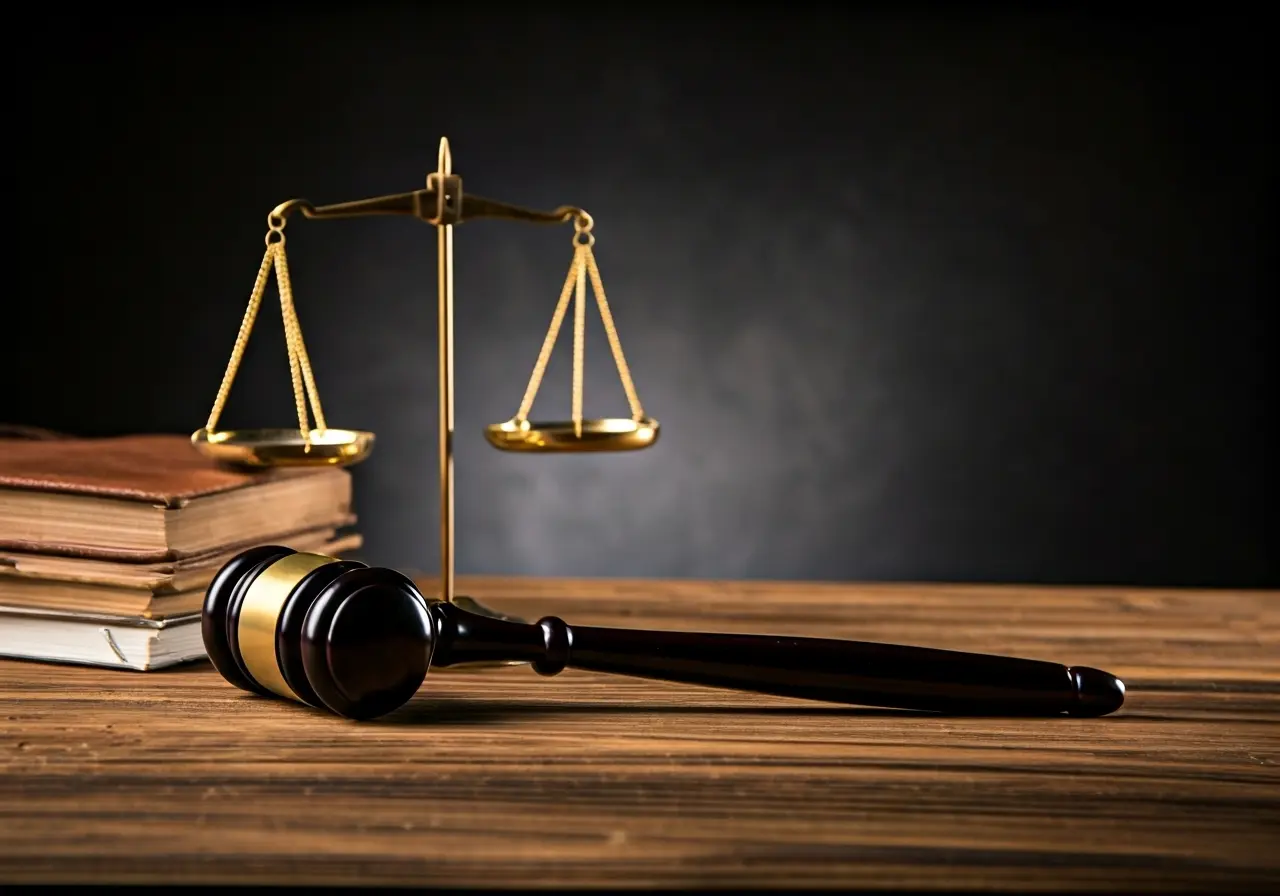Finding the right criminal attorney can feel daunting, especially when you’re already under stress. However, making an informed choice can provide you not just a layer of defense but peace of mind. In this blog, we’ll explore essential tips to help you select the best criminal attorney near you, ensuring that you’re equipped with the knowledge you need to make the best decision for your situation.
Understanding Your Legal Needs
Different cases require different types of expertise. By understanding the specifics of your legal situation, you can narrow down your search to attorneys with the right focus and experience, ensuring they’re well-prepared to handle your case.
Before embarking on your search, it’s crucial to understand what specific type of criminal law your situation falls under. Criminal law has various branches such as drug-related offenses, DUI, white-collar crimes, or violent crimes, each necessitating a specialized attorney. By identifying the nature of your case, you can better align your needs with attorneys who specialize in that area. For instance, if facing drug-related charges, you would benefit immensely from an attorney having a proven track record in drug crime defense. The same applies to financial crimes, where expertise in white-collar crime law becomes indispensable.
Researching Potential Attorneys
Begin by compiling a list of potential attorneys in your area. Look into their backgrounds, specialties, and reviews from past clients. This research phase will help you gauge their reputation and success in handling similar cases.
With the internet at our fingertips, researching attorneys has never been more accessible. Start by visiting reputable legal directories and review sites to gather initial information. Don’t overlook checking peer reviews and ratings which can provide insights into an attorney’s standing in the legal community. Websites like AVVO provide a comprehensive rating system and client reviews that can be quite revealing. As you scrutinize each attorney’s reputation, pay attention to their success rate in cases similar to yours, as this is an indicator of their competence and potential effectiveness.
Initial Consultations: What to Expect
During a consultation, you can assess an attorney’s approach to your case. Prepare questions that address their experience, strategy, and fee structure. This meeting is crucial for determining whether they’re the right fit for you.
The initial consultation is more than just a meet-and-greet; it’s your opportunity to dive deep into understanding the attorney’s experience and strategy. Many firms offer free initial consultations which allow you to ask pertinent questions without a financial commitment. Clarify their strategy for your defense and discuss similar past cases for reassurance of their proficiency. Query their management of potential challenges, and their communication style to ascertain compatibility. This dialogue should also cover their fee structure to avoid surprises later on. Taking these steps ensures aligning your expectations with the reality of working together.
Evaluating Communication and Availability
Effective communication is key in any attorney-client relationship. Consider how easily you can reach your potential attorney and how clearly they explain your case’s intricacies. Their availability and responsiveness can significantly impact your case’s outcome.
The cornerstone of any successful legal representation is unequivocally strong communication. When evaluating potential attorneys, note their responsiveness to your queries during initial interactions. Suboptimal communication can hinder the progress of your case and lead to missed opportunities. Besides accessibility, consider how effectively they communicate complex legal concepts, equipping you with a clear understanding of your case dynamics. Advocating for yourself requires understanding, so opt for attorneys who can explain legal terms in simple language. Responsiveness isn’t just about accessibility; it showcases their commitment and dedication to your case.
Beyond the competence and skill levels, the personal rapport and communication style are key in deciding the right attorney for you. It is imperative that your attorney demonstrates an ability to listen actively, addressing your concerns and questions throughout the legal process. Open and timely communication will help build a foundation of trust, an intangible yet crucial element. Furthermore, a good attorney will not just ‘hear’ but truly understand your personal stakes in the case. Whether via phone calls, emails, or meetings, the mode of communication should be agreed upon and aligned with your preferences.
Assessing Fee Structures and Policies
Understanding how your attorney charges—whether it’s a flat rate, hourly rate, or contingency fee—will help you manage costs and expectations. Always ensure that you have a clear agreement on fees before proceeding with their services.
Diving into the financial aspect can be daunting, but is an essential part of selecting the right legal representation. Attorneys typically structure their fees in diverse ways, such as hourly rates, retainer fees, or flat fees for specific services. Comprehending what each of these entails will aid in financial planning for your legal journey. Discussing fees upfront prevents unwelcome surprises down the line. Some lawyers might offer a free initial contact or have online payment options for convenience, which can be advantageous. Remember to inquire about potential extra costs like filing fees, travel expenses, or expert witness fees that could impact your budget significantly.
Making an Informed Choice for Your Legal Journey
Choosing the right criminal attorney is crucial for navigating the complexities of the legal system effectively. By understanding your needs, researching potential attorneys, and asking the right questions, you can find an advocate who will stand by you through every step of the process. This decision isn’t merely about legal representation—it’s about finding a partner who understands and supports you during challenging times.





